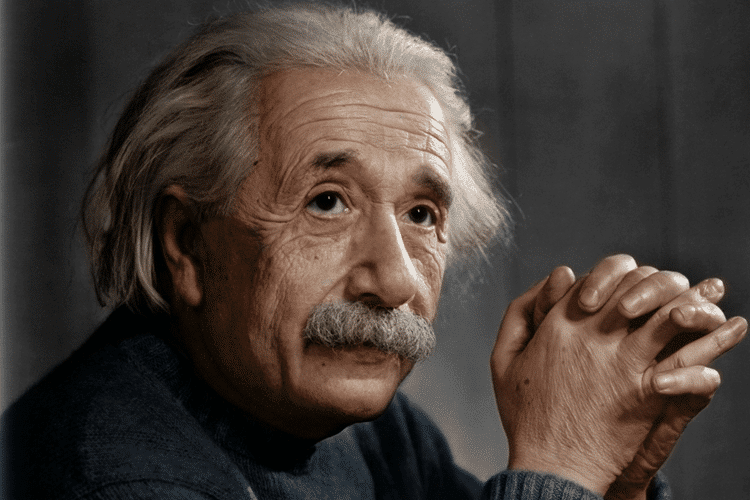Albert Einstein: The Revolutionary Mind Behind Modern Physics

Albert Einstein (14 March 1879 – 18 April 1955) was a German-born theoretical physicist who is widely regarded as one of the most influential scientists of the 20th century. He is best known for developing the theory of relativity, which revolutionized our understanding of space and time, and for his famous equation, E=mc², which expresses the relationship between mass and energy.
Life and Career
He was born on 14 March 1879, in Ulm, German Empire. He showed an early aptitude for mathematics and physics, and after completing his schooling, he enrolled at the Swiss Federal Institute of Technology in Zurich, where he earned a degree in physics.
After graduation, Einstein worked as a patent clerk in Bern, Switzerland, and spent his spare time developing his own theories of physics. In 1905, he published a series of papers that revolutionized the field of physics, including his special theory of relativity, which challenged the long-held belief in absolute space and time.
He also proposed that the speed of light is constant, regardless of the observer’s motion. This theory fundamentally changed our understanding of the universe and paved the way for many subsequent discoveries in physics.
In 1915, Einstein published his theory of general relativity, which extended his earlier work to include the effects of gravity. This theory showed that gravity is not a force that acts at a distance, as had been previously believed, but is instead a curvature of space and time caused by the presence of massive objects. General relativity has been confirmed by numerous experiments and is one of the pillars of modern physics.
Einstein also made important contributions to the development of quantum mechanics, a field of physics that describes the behavior of matter and energy at the atomic and subatomic levels. Although he was initially skeptical of quantum mechanics, he eventually came to accept its principles and worked to reconcile them with his own theories of relativity.
In addition to his work in physics, Einstein was also an advocate for peace and social justice. He spoke out against war and advocated for disarmament and was a supporter of civil rights and democratic government. During World War II, Einstein immigrated to the United States and worked on the Manhattan Project, which developed the first atomic bomb. He died on 18 April 1955, in Plainsboro, New Jersey, United States.
Award and Legacy
He received the Nobel Prize in Physics in 1921 for his services to Theoretical Physics, and especially for his discovery of the law of the photoelectric effect. Einstein received the Max Planck medal from the German Physical Society in 1929 His work on relativity and photo-electricity earned him the Franklin Institute’s Franklin Medal in 1936. on 14 March 2003, Google celebrated Albert Einstein’s 124th Birthday with a doodle.
Observer Voice is the one stop site for National, International news, Sports, Editor’s Choice, Art/culture contents, Quotes and much more. We also cover historical contents. Historical contents includes World History, Indian History, and what happened today. The website also covers Entertainment across the India and World.

